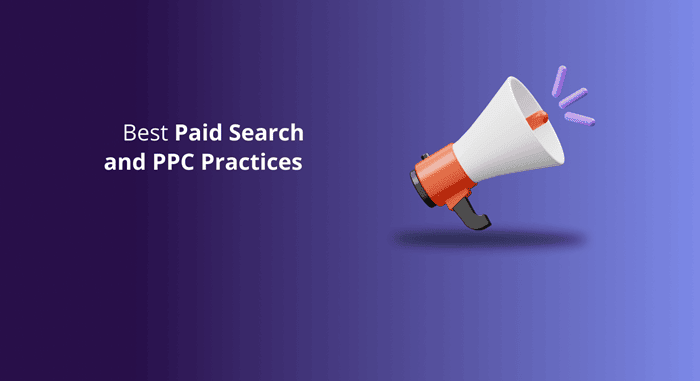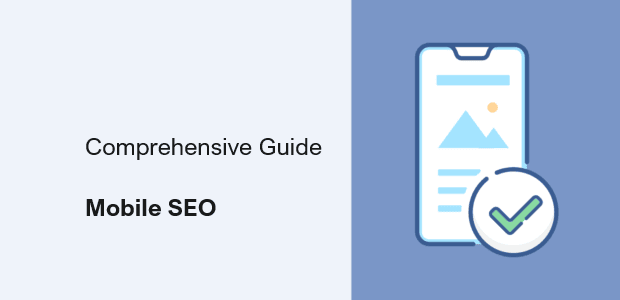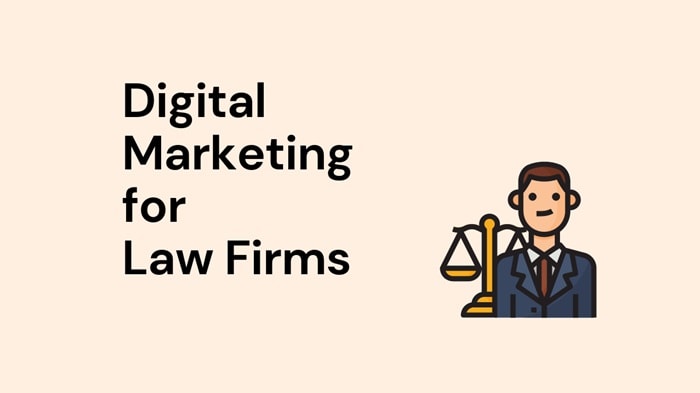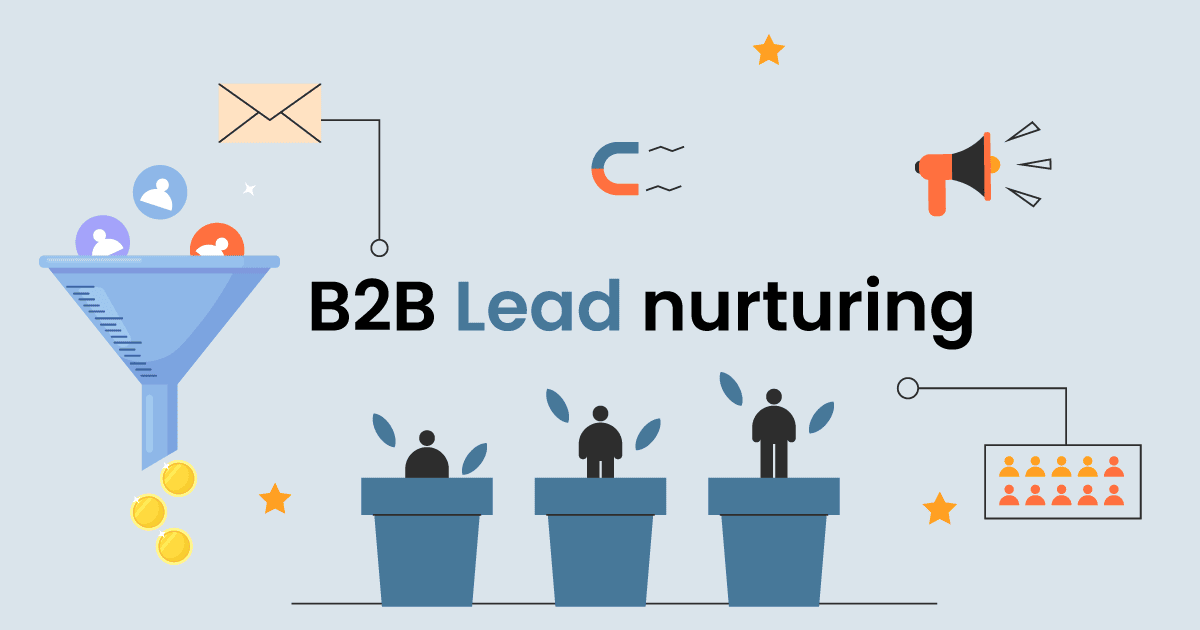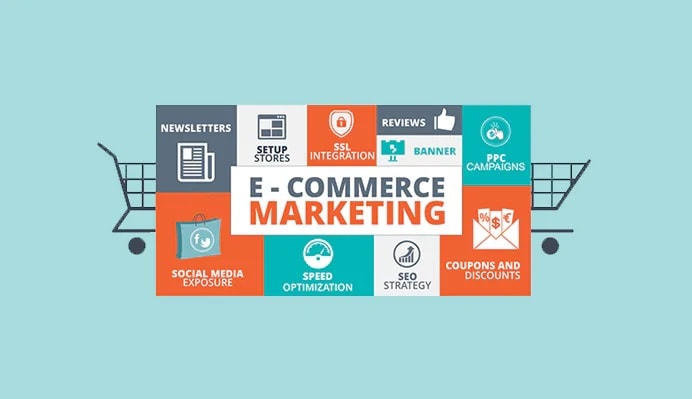Lead magnets have proven to be a successful strategy for increasing lead numbers and expanding email subscriber lists. While widely embraced in the marketing industry, lead magnets can be leveraged by entrepreneurs to draw in additional clients and establish a robust online presence.
This holds for legal practices, where content plays an important role in fostering credibility, boosting website traffic, and generating a higher volume of leads.
Nevertheless, law firms encounter distinct challenges owing to the intricacies of their subject matter and regulations surrounding the solicitation of new clients.
In light of these challenges, we’re presenting a selection of inventive (and impactful) lead magnet ideas specifically tailored for law firms to improve their email lists and attract more leads.

Educational Ebooks
Navigating the legal process can pose challenges for numerous clients, leading them to turn to Google in pursuit of resources, information, services, and advice for their cases.
What more effective method exists to establish your expertise and attract prospective clients than by disseminating educational content through ebooks?
Typically comprehensive guides or reports digging into specific topics, ebooks for law firms can furnish accessible insights for beginners, present case studies, and offer step-by-step instructions on legal matters. Lack of design skills? Not an issue! Numerous free tools, with Canva being a prominent choice, are at your disposal for crafting ebooks.
Here’s a step-by-step guide on crafting an ebook using Canva:
- Choose a template: Canva provides an array of ebook templates tailored to various styles and themes. Review and select the pages you wish to include, modify, or omit to align with your requirements.
- Personalize the design: Use Canva’s extensive library of stock photos, illustrations, icons, and graphics, or incorporate your images to give your ebook a distinctive touch. Experiment with colours, backgrounds, fonts, and photo effects to enhance the visual appeal.
- Insert content: Populate your design with informative content. Incorporate a descriptive title, consider linking to supportive resources, include captivating images, and add “bonus tips” to enhance the overall engagement of your ebook.
- Publish and share: Once your ebook is polished, download and save it as a JPEG or PNG file. Subsequently, upload it to your website and place it behind a subscription wall to control access.
Specialized Webinars and Interviews
Live or prerecorded webinars present an excellent avenue for delivering value to potential clients. The interactive nature of live webinars and the option to revisit informative videos resonate well with audiences.
Conducting online seminars, interviews, or sessions on pertinent legal subjects helps guide your audience through the intricacies of the legal process. For instance, you can dig into topics such as the divorce process, initiating a will, or understanding key aspects of real estate law.
Consider using these titles for your webinars:
- Understanding Your Rights: [Legal Topic] Explained.”
- Navigating [Legal Issue]: Your Step-by-Step Guide.”
- Legal Essentials: How to Protect Your [Assets/Business/Family].”
- How to Avoid Legal Pitfalls in [Scenario/Situation].”
- [Legal Topic]: A Lawyer’s Tips for Success.”
- Legal Questions Answered: [Topic] Q&A Session.”
- What Every [Entrepreneur/Parent/Homeowner] Should Know About [Legal Topic].”
- What Every [Person/Business Owner] Should Know About [Legal Topic].”
Once you’ve settled on your webinar or interview idea, promote the session through social media, your website, or email. Interested individuals can register by providing their contact information, expressing their interest in the topic, and enabling you to follow up after the session, potentially cultivating them into new clients.
Free Legal Templates
Templates are preformatted structures designed to simplify the process for users in generating, modifying, and preserving their documents. They prove useful in crafting various documents, including wills, lease agreements, contracts, non-disclosure agreements, parenting plans, and beyond.
As a legal professional, your expertise equips you to guide clients in crafting comprehensive and accurate legal documents.
While it’s crucial to advise users to have their documents reviewed by an attorney due to certain limitations, offering templates can serve as a valuable starting point. Upon downloading the template, clients can share their email addresses, enabling your firm to follow up and extend assistance in completing or reviewing the document.
Consider exploring other legal template options such as:
- Power of Attorney
- Advance Healthcare Directives
- Partnership Agreements
- Service Agreements
- Release or Waiver Forms
- Loan Agreements
- Promissory Notes
- Employment Contracts
- Business Formation Documents
- Demand Letters
- Cease and Desist Letters
- Prenuptial Agreements
- Intellectual Property Assignments
- Settlement Agreements
- Complaints or Petitions
Actionable Worksheets
Much like checklists, worksheets serve as interactive instruments aiding potential clients in comprehending the legal process, evaluating their circumstances, gearing up for a legal consultation, and even estimating attorney costs.
Worksheets prove especially beneficial when dealing with new clients who may not have organized their information or documents yet. By offering these worksheets, individuals can opt to enhance their understanding, simultaneously positioning themselves as more informed clients for your legal services.
Taking it a step further, you could encourage individuals to complete the worksheets in exchange for personalized feedback or consultation offers, creating a direct engagement opportunity for you to interact with them.
Downloadable Checklists
Simplify intricate legal subjects and procedures using straightforward checklists. Checklists serve as valuable tools for potential clients, aiding them in organizing tasks, preparing for cases, and retaining crucial details related to legal processes.
Using checklists as a lead magnet is a strategic choice, offering substantial value. Consider, for instance, being a will and probate attorney. You might create a checklist titled “X-Step Checklist for Estate Planning,” designed to integrate useful resources, tasks, and graphics to assist individuals with the estate planning journey.
Sample steps on this type of checklist could encompass:
- Download our free Estate Plan Template.
- Compile a list of family members and beneficiaries.
- Catalog assets, such as real estate, bank accounts, and investments.
- Select a power of attorney designation.
- Retain a will and probate attorney for drafting the last will and testament.
- Document liabilities, including debts, mortgages, and loans.
- Note information from insurance policies (life, health, and property).
- Schedule periodic reviews and updates of the estate plan.
These checklists can be offered as downloadable content in exchange for contact information, helping you build a database of potential clients. Additionally, an important step in the checklist could prompt individuals to reach out to an attorney (specifically, you) for additional support, allowing you to provide direct contact information.
Tools And Resource Lists
If you possess the technical expertise to develop web applications (or have the means to enlist someone for the task), leveraging digital tools can effectively capture user interest and generate leads.
A simple approach involves creating resource lists, a basic yet impactful version of digital tools. Create and publish a list of pertinent resources that individuals may find valuable, hosting it on your website. This compilation could include document templates, links to government websites, case studies, and useful videos.
Alternatively, consider developing online tools such as:
- An interactive “checkup” tool to assess users’ legal needs.
- A cost calculator estimating expenses for specific proceedings (e.g., starting a business, divorce filing, attorney hire) based on user specifications.
- An e-document generator crafting fundamental legal documents like non-disclosure agreements or letters of intent.
- Visual timeline “maps” illustrating the typical progression of various legal processes.
- Case studies allowing users to input variables and visualize potential legal outcomes for their situation.
Feel free to explore additional creative ideas tailored to your audience’s needs. Keep in mind that the primary goal is to capture user information for future follow-up, potentially transforming them into leads.
Video Tutorials
In contrast to webinars, video tutorials typically consist of pre-recorded videos where you guide users through a specific process from beginning to end. These recordings feature detailed steps and examples rather than interviews or brief sound bites.
Identify situations in which clients may require assistance with tasks such as filing a small claims case or trademarking their logo. Develop an outline for your video, outlining the steps you want viewers to follow.
Subsequently, record your video, edit the content, and host the video—likely as a private video on YouTube (which can be shared with subscribers via email) or behind an opt-in wall on your website.
Legal Case Studies
Case studies serve as widely used lead magnets within the legal industry. This is primarily because prospective clients seek tangible examples of your success in handling cases and the positive outcomes achieved for your clients.
Case studies play a crucial role in establishing trust and persuading individuals that you are the attorney best suited to address their legal needs. Within your case study, elucidate the client’s initial problem, detail the case’s management, outline the resulting outcome, and, ideally, integrate your client’s appraisal of your services.
Emphasize the advantages of clients collaborating with an attorney to receive the guidance and support necessary to navigate challenging and stressful situations. You may opt to place these case studies behind an opt-in wall or invite interest via social media, providing the case study in exchange for their email address.
For those intrigued by these narratives, additional information or a consultation can be requested, potentially transforming them into valuable leads.
Engaging Quizzes
Quizzes typically involve users answering questions to receive a “score.” However, in the legal context, quizzes can serve as a tool to help individuals evaluate their legal circumstances and receive insights, next steps, or considerations from a trusted legal professional.
These responses could be auto-generated based on specific criteria or, more effectively, crafted by your legal team and delivered to the user via email. Upon completing the quiz, the user obtains a personalized assessment with recommendations and/or precautions for their case, potentially leading to the generation of a new lead for your practice.
It’s essential to recognize the limitations in providing legal counsel to individuals who are not yet clients. Consequently, your “answers” may offer more general advice and a suggestion to seek out legal counsel for a comprehensive understanding of their situation.
Mini-Courses
Much like tutorials, courses can serve to enlighten individuals about their rights, guide them through the legal process, or provide insights into the steps required to engage an attorney.
A course need not be confined to video format; it could consist of an email series, a downloadable PDF, or a sequence of worksheets. Platforms such as Teachable and Kajabi simplify the process of publishing course materials, securing sign-ups, and facilitating subsequent communication with subscribers.
Within your course, you can integrate mini-course videos, include assignments, link to relevant resources, and more.
It’s worth noting that developing a course is often more intricate than a single tutorial. Therefore, we recommend creating a “mini” course that delivers sufficient value to capture people’s interest in your legal services.
Consider these examples for potential course topics:
- Legal Fundamentals: X Steps to Understanding Your Rights.
- Navigating Contracts: What You Need to Know Before Signing.
- Estate Planning Basics: How to Plan Your Legacy.
- Small Business Law: Protect Your Company the Right Way.
- Intellectual Property 101: How to Safeguard Your Ideas.
- Mini-Course: How to Buy and Sell Property (Tips From a Real Estate Attorney).
- Employment Law for Employees: Know Your Workplace Rights.
Facebook Groups
Individuals are consistently seeking information—whether on Google, social media platforms, or even within Facebook Groups. If you possess valuable knowledge to share, establishing a Facebook Group could serve as a strategy to generate more leads.
Upon creating a Facebook Group, you have the ability to prompt new members to answer specific questions during the sign-up process. These questions might include inquiries such as, “Why are you interested in [legal topic]?” “Would you like to provide your email address for more information?” or “What other topics are you interested in?” This approach not only aids in expanding your contact list but also helps generate more topic ideas for your group.
For instance, as a real estate attorney, you could initiate a Facebook Group named “Real Estate Watch,” while a business attorney might create “Small Business Tips” and a contracts attorney could establish “Contracts 101.”
Although personalized legal advice isn’t feasible within the group, you can still guide individuals in the right direction when they have queries about intricate legal matters.
Trend Reports
Trends reports provide insights, analysis, and perspectives on current legal topics or narratives gaining attention. If there’s a prominent subject in your industry that’s capturing public interest, creating your own trends report could be a compelling idea.
Consider, for instance, if you’re a real estate attorney. A prevalent trending topic might revolve around the real estate market’s trajectory: is it on the rise or decline? You could curate a “market watch” report that synthesizes your observations, linking market trends to essential information buyers and sellers need in the realm of real estate law.
To promote your specialized report and expand your email list, entice users to opt into your report or newsletter. By doing so, you can keep your audience informed about special events, promotions, blog posts on your website, upcoming webinars, and more. This strategy allows you to cultivate a growing list of potential leads.
Innovative Lead Magnet Concepts for Law Firms
Lead generation is not confined to the options listed here – the possibilities are broader! As you understand your audience better than anyone, you may have unique insights into how to connect with them and what content would capture their interest.
Feel free to explore unconventional approaches and devise your own lead magnet ideas. These magnets serve as powerful tools to improve engagement, expand your audience, and draw in fresh leads. Law firm marketing doesn’t need to be mundane.
Embrace creativity to discover novel methods of reaching your audience and instilling excitement about collaborating with your firm.
Would you like to read more about “Innovative Lead Magnet Concepts for Law Firms” related articles? If so, we invite you to take a look at our other tech topics before you leave!
Use our Internet marketing service to help you rank on the first page of SERP.



